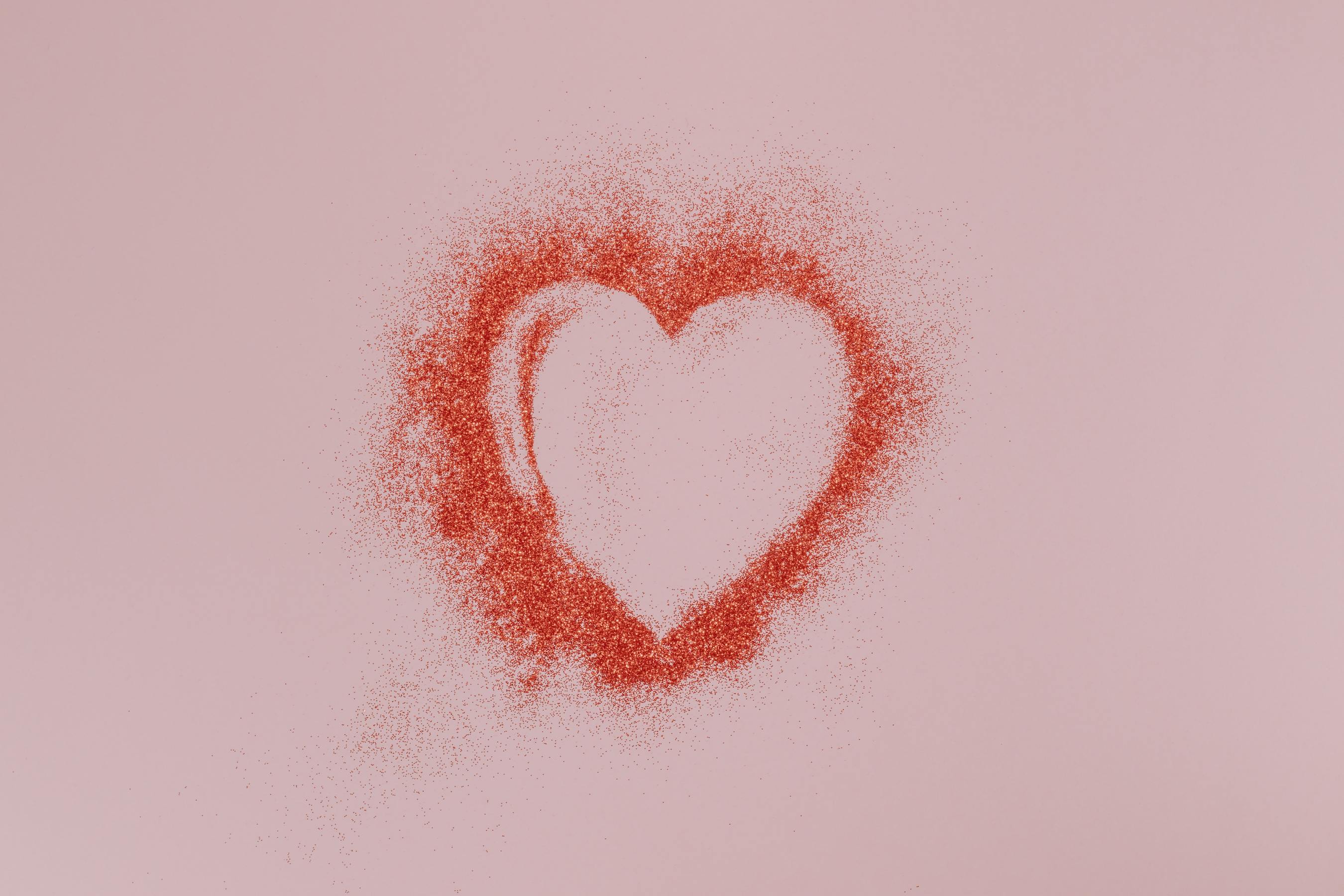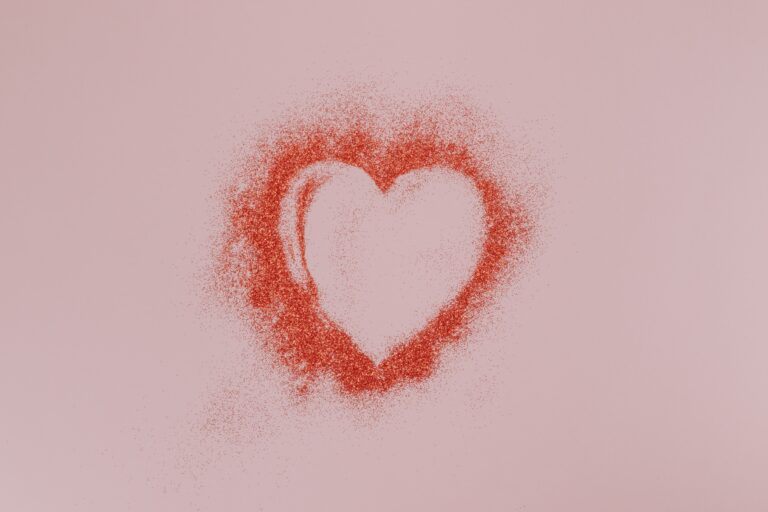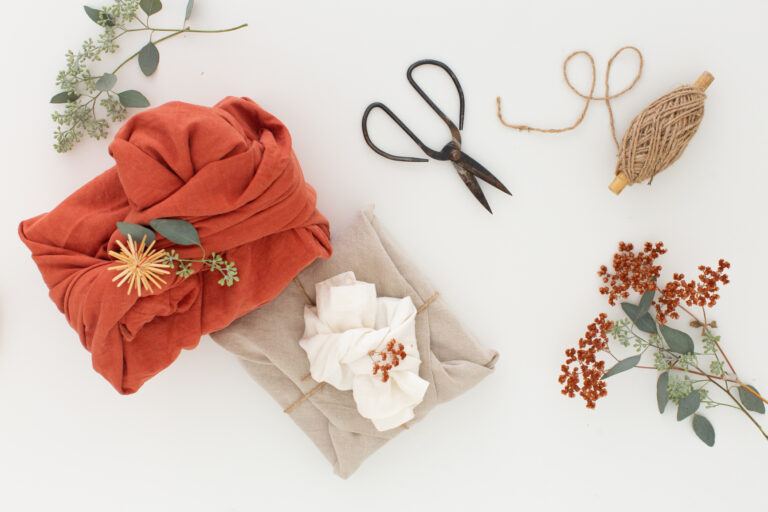Hello Everyone! It’s Emma, Jill’s daughter here. I’ve hijacked my Mum’s blog to thank all of you who supported my trip to Thailand to take part in the Water Project. Without your generous donations, none of it would have been possible. So…Thank you.
As some of you know I was in Thailand as part of an ongoing project that my school organizes in conjunction with The Pakanyor Foundation. Our task was to build a well and purification system for a village without access to clean water. My school has sent a team to do this every year for the past 20 years so it felt like a real privilege to carry on the tradition. We lived with the villagers of Ban Huay Laung and worked alongside them to build the well. I have been back for about a week and no longer take turning on the tap for granted and it is safe to say that my appreciation for the smaller things has grown, and my hunger to help more people has increased.
Getting to Thailand was very exciting! We were all so ready to get to the village and do some work. However, we needed to spend some time acclimatizing to the hot weather. During this two-day period, we got the chance to see a past project from our school.
Seeing this project was just the motivation we needed before we started to work ourselves. It was nice to see the effect it had on the village and we were pleased to see it still worked!
I thought that the village we were to be staying in would be very luscious, with deep, dark brown soil, and loads of animals. I guess I had an image of the jungle in my head. Whilst we were far from any town or city and we were in a forest setting, it was vastly different to what I expected. The leaves were light green and looked dry. The soil was a bright red/orange colour, almost like clay, and there were only a few very skinny cows, loads of cockerels, and some hungry dogs running about. During these two weeks, we all stayed with the villagers in their homes. This was such a privilege and it was very kind of them to let us stay. I, with two other girls, was in a hut with a very old woman who was deaf, and slightly blind. It was really hard to communicate with her and at first, we thought she was just hostile at the thought of some western kids coming into her village. Then we found out she was deaf and so we made the effort to communicate in other ways. It was nice, sometimes after a hard day’s work we would all just sit in the hut and write in our diaries and she would come out and just sit with us. After a while, it just felt like the girls hanging out!
For the first week, our task was to bring poles four kilometers up a mountain and drop them off by the water source and then dig using hoes back down to the village so that the poles would have a place to lie.
During this week we also built a mini well that in time would collect the water from the water source, filter it, and then run down the through the poles and into our tanks.
Our first day at the village was our first day of work, and we were all enthused and really, really hot! So we all took one of the poles each and started to carry it up. Two kilometers up we decided to have a mini water break only to be passed by a sixty-year-old woman carrying four poles all by herself! We felt a bit lame and it also showed us how badly they all wanted this water supply. (Needless to say, the next day we all carried three or four poles!)
During this first week, we managed to lay the poles, glue them together, and start to build the base for the tank.
Towards the end of the week, we started to build the tanks, and in order to do this, we needed to make a base. We did this by laying down big rocks then putting down a grid, adding more gravel, and then cementing over it. It was almost like a cake! We mixed all of the cement ourselves, and when the villagers would mix it they would make it look so easy. However, when it came to our turn to churn, we all struggled a bit. But with the extra hands and four people working on it instead of two, we found that we were just as speedy!
It was nice that we worked alongside the villagers because it created a tighter bond. I remember having really good conversations with all of them, yet neither of us spoke very much of each other’s language, only the basics really! That didn’t seem to stop us though; they were all very kind and generous people.
After each day of work, we would come back down to the village, change our clothes and then hang out a bit before dinner. It was always really fun to play with the kids, we would give them bubbles, or crayons and they would just be amused for hours! They loved having their pictures taken because they were fascinated by the fact that they could see it right away. The children were all very sweet and very happy. They were so much fun to play with!
The second week focused on finishing the tanks. We split the tank into four sections, so we would do a new tier every day. We had molded and so we would oil the side that was facing in so that the cement would not stick and then once positioned we would fill it up with cement mixed with gravel. This meant that our days would usually end earlier than the week before because there was only so much we could do until it dried!
Towards the beginning of the second week, we saw the water running through the pipes for the first time! They were already laid close to where the tanks were to be, and there it was, just running, and free! It was so exciting to see it for the first time because it was really motivating!
Once we had finished all the tiers it was time to clean it up and make it look even. We rendered the outside of the tanks with cement, but this time there was no gravel added in the cement, which made all of us sore-armed people very happy, as it was much easier to mix! We built a roof and used every resource we could find to make sure it was sturdy. It was nice to see that nothing went to waste. We used excess bamboo from the scaffolding to create the base of the lid. Then we used all of the bags that the cement mix came in to make a sort of paper mache.
Before we knew it, it was time to leave and I wasn’t sure what to think about that. I knew I was going to be sad but I didn’t know why exactly, as I had a mixture of feelings. I was sad to leave all of these people whom I now considered friends with the knowledge that I probably wasn’t going to see them again. I was sad because I knew this village was only one of many villages that do not have a clean water supply and that what our group did was only scrape the surface. I did, however, feel inspired by what eighteen kids could accomplish with nothing more than enthusiasm and hard work. I hope to encourage other people to make an effort and get involved.
My time in Thailand was unforgettable and I am so grateful to have had the chance to go. Thank you, thank you to all of you who contributed to the project and to all of you who supported me!




